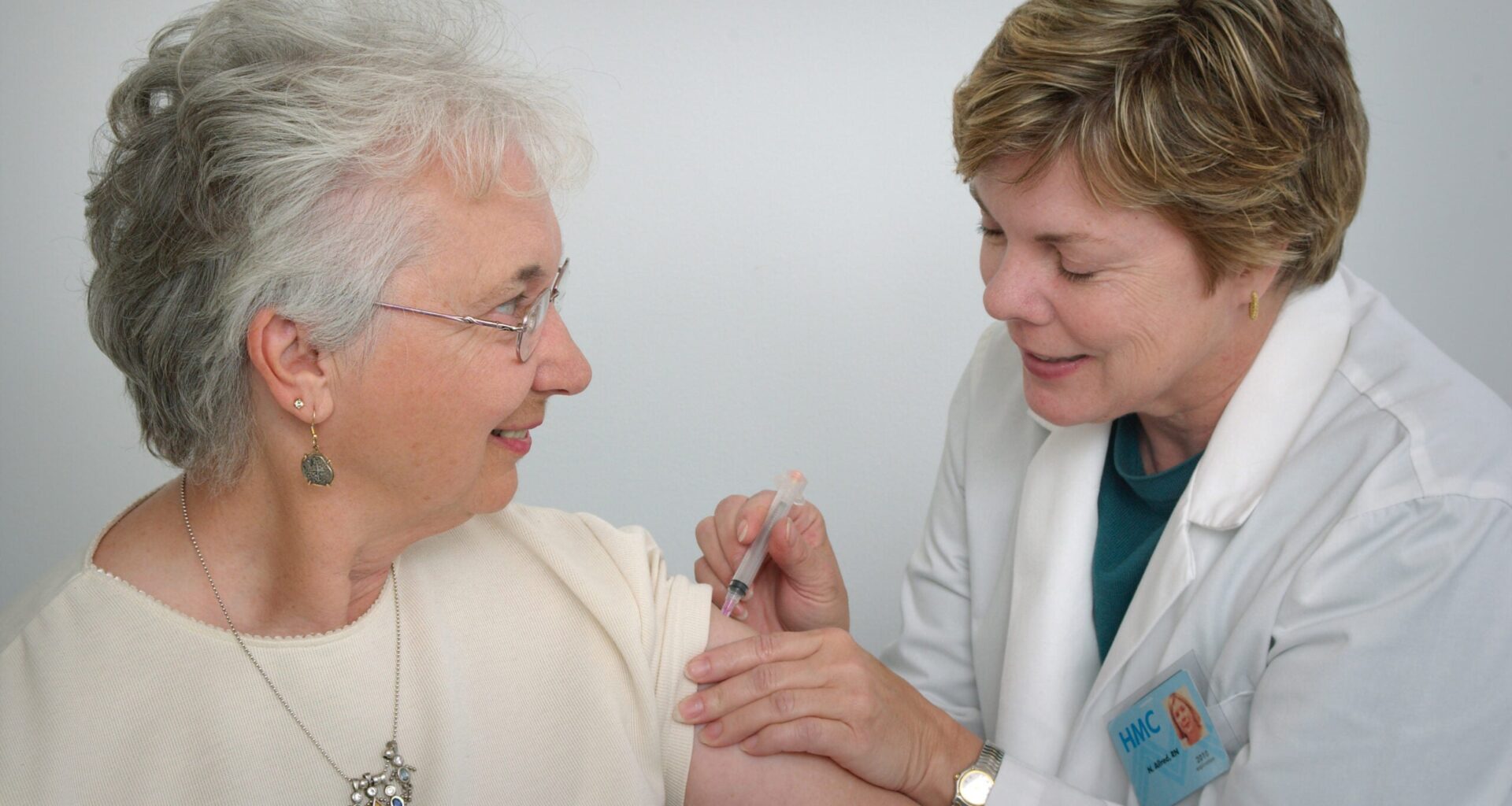A large multi-state study of nearly 7,000 hospitalized adults aged 60 and older found that a single dose of the RSV vaccine reduced hospitalization risk by 58% and provided substantial protection against severe illness in older adults across two consecutive seasons. The study also found that effectiveness varied among high-risk groups, such as those with compromised immune systems.
Despite variations among subgroups, the vaccine demonstrated strong protection against the most serious outcomes. Researchers from the CDC, Vanderbilt University, University of Michigan and other institutions looked at data from 26 hospitals during the 2023-2024 RSV seasons. They concluded that while the overall protection remained strong, effectiveness did decline over time.
The vaccine was 69% effective when patients were vaccinated in the same season as their illness, compared to 48% effective for those vaccinated in the prior season — though the study also found that this difference was not statistically significant. Effectiveness against severe in-hospital complications was 73% for acute respiratory failure and acute organ failure, 67% for intensive care unit admission, and 72% for invasive mechanical ventilation or death.
RSV, or respiratory syncytial virus, is a common respiratory virus that usually causes mild, cold-like symptoms, but it can make infants and certain adults very sick. It is a significant health burden in the United States, causing an estimated 100,000 to 150,000 hospitalizations and 4,000 to 8,000 deaths annually among adults 60 and older. RSV can cause shortness of breath and low oxygen levels. It can also make some conditions worse, including asthma, chronic obstructive pulmonary disease, and congestive heart failure.
“Our data show that the beneficial effects of RSV vaccines appear to wane over time,” Dr. Wesley Self, principal investigator for the IVY Network and senior vice president for clinical research at Vanderbilt University Medical Center, said in a statement. “Redosing the vaccine at some interval after the initial dose could be a strategy to maintain protection over longer periods of time.”
Why this matters
While updated COVID-19 vaccine recommendations by the Department of Health and Human Services remain highly contested by most professional medical organizations, it’s important for journalists to remind their audiences that vaccines for influenza and RSV are also available and that older adults should be protected against these diseases.
The CDC issued guidelines in July recommending:
- A single dose of any FDA-licensed RSV vaccine for all adults ages 75 and older and adults ages 50–74 at increased risk of severe RSV.
- Three RSV vaccines are currently available for adults of different ages: GSK’s Arexvy, Moderna’s mResvia, and Pfizer’s Abrysvo.
- Eligible adults can get an RSV vaccine at any time, but the best time to vaccinate patients is in late summer and early fall before RSV usually starts to spread in the community.
- People who have already received one dose (including last year) have completed their vaccination and should not receive another dose at this time.
Vulnerable populations show reduced protection
The study revealed concerning disparities in vaccine effectiveness among high-risk groups. Adults with compromised immune systems experienced significantly lower protection at 30% effectiveness compared to 67% in immunocompetent adults. Similarly, patients with cardiovascular disease showed reduced effectiveness at 56% compared to 80% in those without heart conditions.
Among immunocompromised patients who were hospitalized despite vaccination, solid organ transplant recipients were disproportionately affected, with 75% of transplant patients having received lung transplants. The study also found higher rates of active cancer and recent immunosuppressive therapy use among vaccinated patients who still required hospitalization.
Study implications
The research analyzed data from 6,958 adults aged 60 and older hospitalized with acute respiratory illness at 26 hospitals across 20 U.S. states. They compared patients who tested positive for RSV with those who tested negative for RSV, COVID-19, and influenza. The study population had a median age of 72 years.
The findings provide further support for RSV vaccination programs while highlighting the need for ongoing monitoring. The reduced effectiveness in immunocompromised patients and those with cardiovascular disease suggests these populations may benefit from shorter intervals between doses or additional vaccine strategies.
“These results clearly demonstrate that the RSV vaccines prevent hospitalizations and critical illness due to RSV infection among older Americans,” Self said. “It is exciting to see the public health benefits of this new vaccination program.”
Resources
